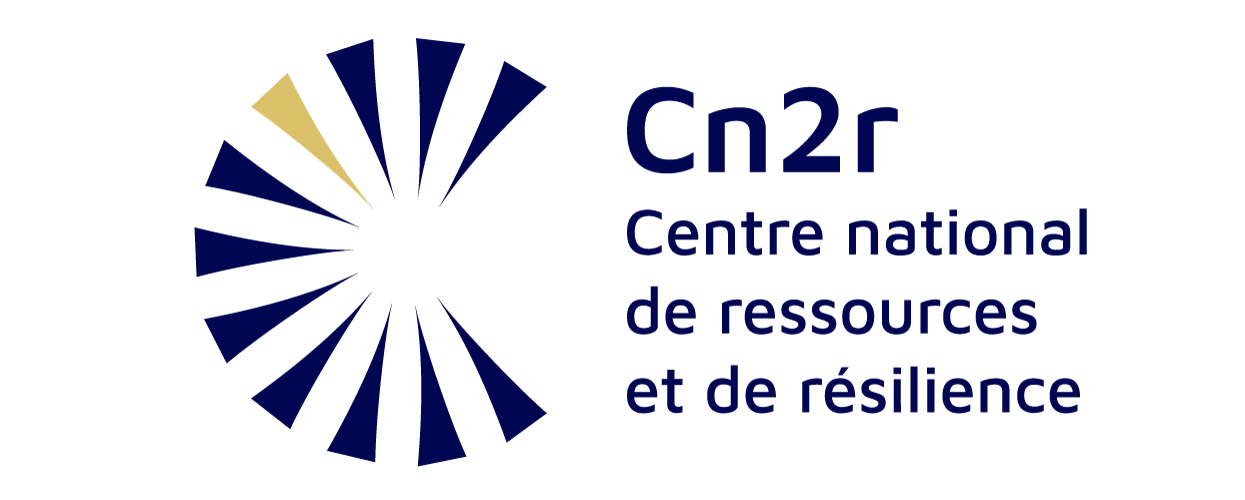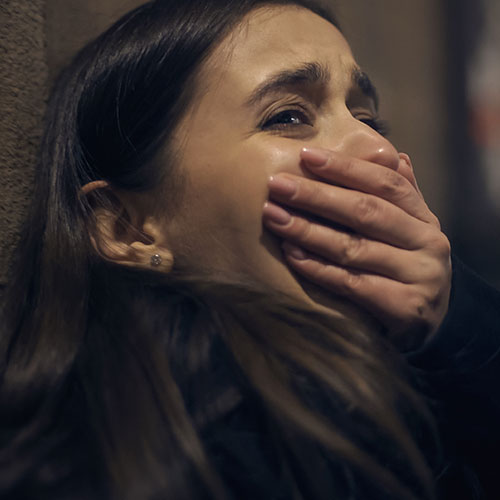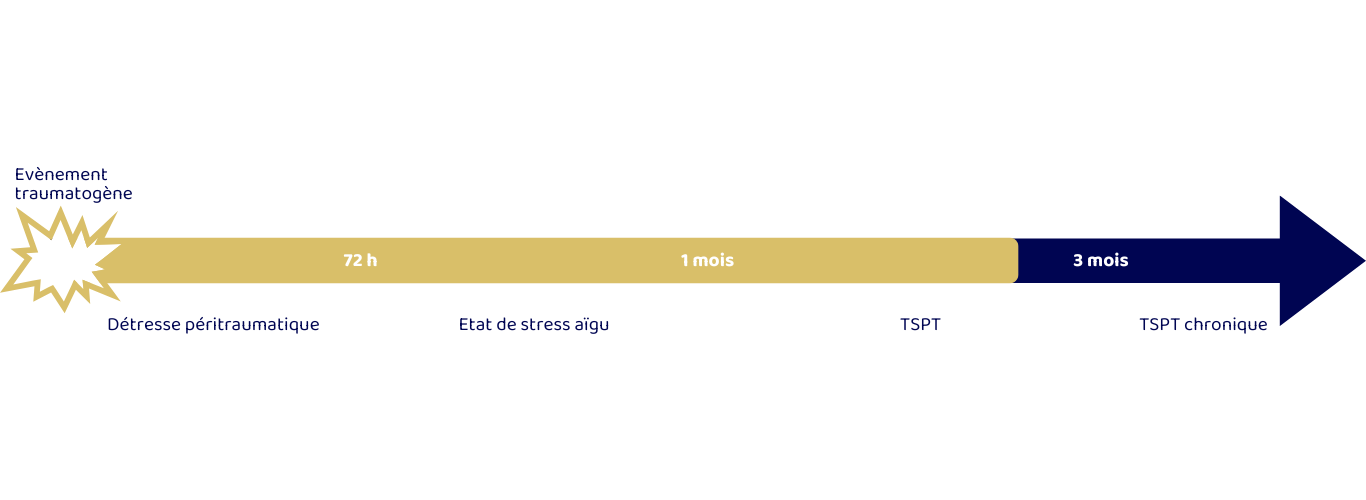We all go through stressful life events. However, some of them can leave deep and lasting psychological scars, as well as the appearance of psychotrauma. It could be an accident on the road or at work, or physical, sexual or domestic violence. It could also be a disaster, an attack or the death of a loved one. These events can affect us directly, or those close to us, in our adult lives or even in our childhood.
Understanding psychotrauma
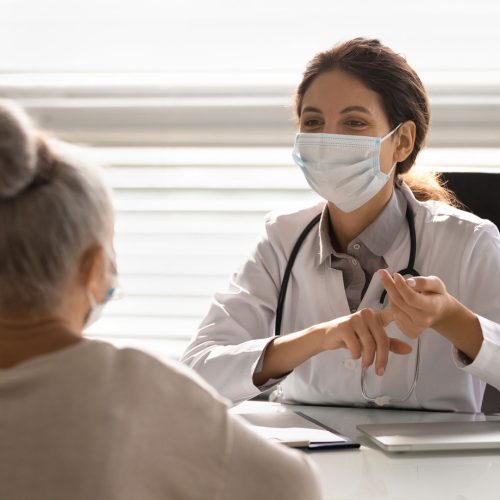
The first person to consult is your GP.
It will not only help you understand what's happening to you, but also direct you to centers near you that specialize in the treatment of post-traumatic stress disorder. There, you'll find qualified professionals who can work with you to find the best possible treatment solutions. It's never too late to seek treatment, but the sooner the better.
Both children and adults can suffer from post-traumatic stress disorder.
The signs are the same as for an adult: the child may unwittingly relive the traumatic event in the form of nightmares, flashes or thoughts. They may also avoid anything that reminds them of the traumatic event. They may also feel constantly on the alert.
But the child may also have difficulty remembering important aspects of the event. He may refuse to go to school or sleep alone. He may wet his bed. He may also lose interest in things that used to interest him, lose his appetite, have problems with attention and concentration.
He or she may also be more often in conflict with loved ones, or feel guilty about what has happened.
If these signs last for more than a month, and the child is unable to resume his or her normal life at home or at school, it's time to consult a healthcare professional to find help and support for the child and his or her loved ones.
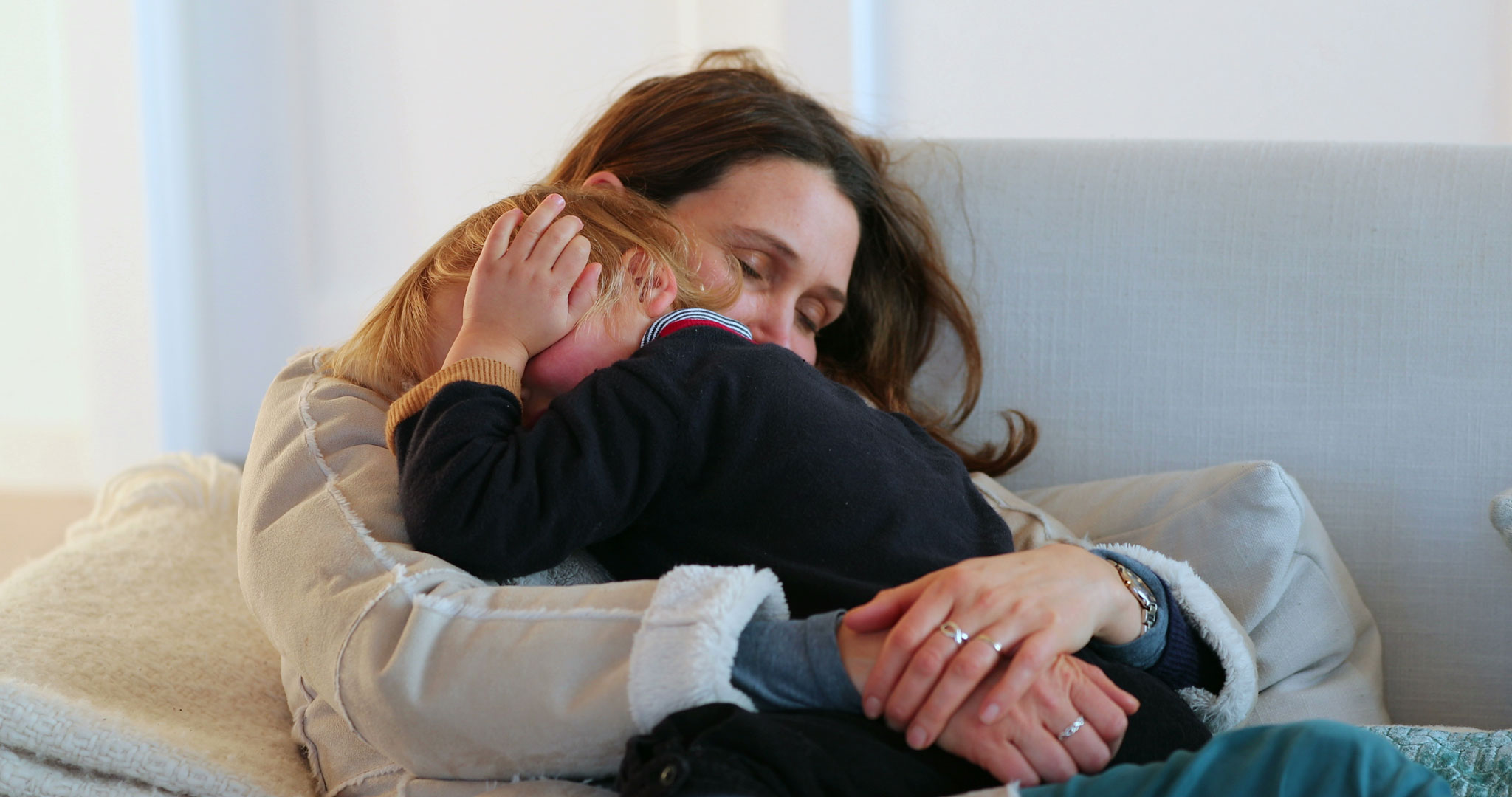
What about other disorders?
We may have difficulty coping with a traumatic event and its impact on our lives, but we don't have to go through the main warning signs of post-traumatic stress disorder (flashbacks, avoidance, hyper-vigilance).
Indeed, we can develop difficulties other than PTSD after a traumatic event. It's important that we pay attention to our suffering without minimizing it, because anything is possible in reaction to a traumatic event.
We can, for example, suffer from depression, develop phobias or even addictions.
Sometimes our body will take over and express our distress through symptoms: we may experience stomach aches, migraines, skin reactions, and so on.
This is called somatization. If these symptoms were already common before the traumatic event, they can also suddenly become worse. It's important to ask ourselves whether these symptoms are related to what we've experienced.
Whatever the situation, we mustn't be left alone with our suffering: there are ways of getting better. The first step is to consult your GP.
Discover our practical sheets on dual disorders:
- PTSD and autism spectrum disorder (ASD)
- PTSD and borderline personality disorder (BPD)
- PTSD and dissociative identity disorder (DID)
- PTSD and substance use disorder (SUD)
